The views expressed in our content reflect individual perspectives and do not represent the authoritative views of the Baha'i Faith.
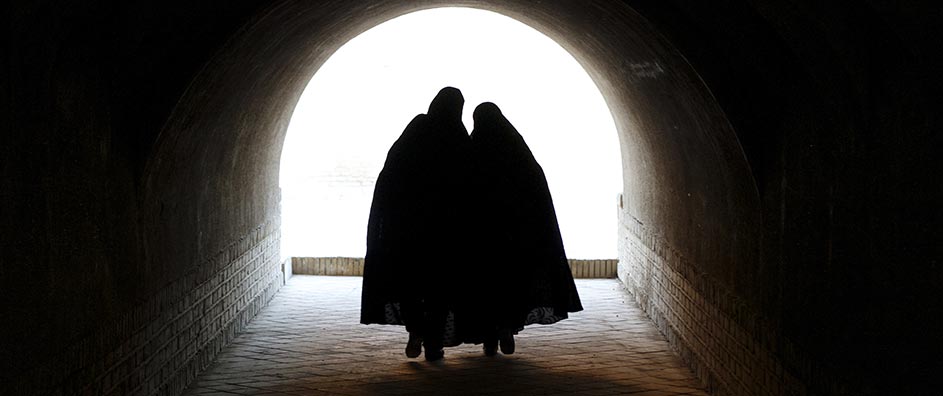 For many in Iran, even the mention of the word Baha’i has been a taboo. A 2011 documentary, Iranian Taboo, by a Muslim Iranian film-maker, Reza Allamehzadeh, openly addressed this taboo and its historical roots.
For many in Iran, even the mention of the word Baha’i has been a taboo. A 2011 documentary, Iranian Taboo, by a Muslim Iranian film-maker, Reza Allamehzadeh, openly addressed this taboo and its historical roots.
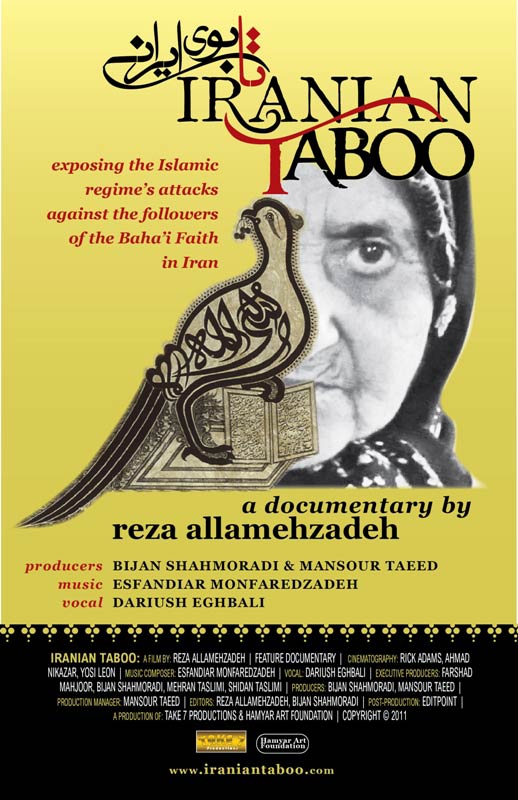 It is no coincidence that, in several media interviews, former Iranian President Mahmoud Ahmadinejad rarely, if ever, mentioned the word “Baha’i” in response to questions about the persecution of the Baha’i community. Instead, he used terms such as “this group” when referring to them. Most recently, on July 29, the Supreme Leader, Ayatollah Ali Khamenei, re-issued a fatwa prohibiting socializing with the “misguided and deviant sect,” well-known terminology used to refer to the Baha’is.
It is no coincidence that, in several media interviews, former Iranian President Mahmoud Ahmadinejad rarely, if ever, mentioned the word “Baha’i” in response to questions about the persecution of the Baha’i community. Instead, he used terms such as “this group” when referring to them. Most recently, on July 29, the Supreme Leader, Ayatollah Ali Khamenei, re-issued a fatwa prohibiting socializing with the “misguided and deviant sect,” well-known terminology used to refer to the Baha’is.
During the last ten years, however, a number of factors have begun to erode this prejudice: the growing awareness, greatly assisted by the internet, of the Baha’i community’s peaceful nature; the wide circulation of a 2009 open letter addressed to the Baha’i community and signed by over 250 prominent Iranian intellectuals and artists, mainly in the diaspora, expressing “shame” for the manner in which Iran has treated its Baha’i minority; the regime’s unpopularity and lack of credibility, which has undermined its anti-Baha’i propaganda; Nobel Laureate Shirin Ebadi’s willingness to be the attorney for the imprisoned seven-person Baha’i leadership group; and the 2008 statement of the one-time official successor of Ayatollah Khomeini, the late Ayatollah Hussein-Ali Montazeri, that Baha’is should be granted “citizens’ rights.”
Now, at a time when the state-sponsored persecution of the Baha’is has been increasing, Nourizad has boldly touched the core of the issue and challenged the deeply ingrained prejudice that Baha’is, merely by believing in a religion arising after Islam, are so degraded as to be “unclean.” Let us hope the future proves that Nourizad played a role in the dismantling of such a distorted and destructive construct of reality.
In the meantime, in such an environment, the West cannot permit the Iranian government’s recent “charm offensive” to lull it into complacency on human rights. It is noteworthy that no Baha’is were among the 11 prisoners of conscience released in September immediately preceding the visit of President Rouhani to the U.N. Nor has the Iranian government demonstrated any progress at solving the shooting death on August 24 of Ataollah Rezvani, a prominent Baha’i in the town of Bandar Abbas, who had been the recipient of repeated threats, both from officials of the Ministry of Intelligence and anonymous callers. A failure to seriously investigate would further entrench the view of many clerics that Baha’i blood is “mobah,” meaning it can be spilled with impunity, a status that, despite their own serious problems with persecution, Christians, Jews, and Zoroastrians, as recognized religious minorities under Iran’s constitution, do not share with Baha’is.
Raids in October on 14 Baha’i homes in the city of Abadeh were followed by interrogations by government officials during which the occupants of the homes were urged to leave town or face possible knife attacks, supposedly, the officials asserted, from angry city residents ready to attack. Such actions belie statements of tolerance from President Rouhani and other senior officials and do not bode well for the immediate future of the Baha’i community. Some 115 Baha’is remain in prison in Iran — the highest level in about two decades — and at least an additional 430 are at risk of imprisonment with cases in the criminal justice system.
Over the coming months, policy makers would do well to consider that the sincerity of Iran’s intentions to improve its human rights image and to project itself as a responsible actor in the international community might most accurately be measured by its actions towards the Baha’is. The release of the 115 Baha’i prisoners would be a serious start. However, ultimately, the Baha’is will never be out of danger and their full rights as citizens will never be securely established until Iran’s clerical elite begin to follow Nourizad’s lead and publicly disavow theological concepts designating them as “unclean” and their blood as “mobah.” The application of civilized, universal standards, enshrined in international human rights treaties to which Iran is a signatory, including the International Covenant on Civil and Political Rights, demands nothing less.
Read the previous article in the series: Unclean Blood


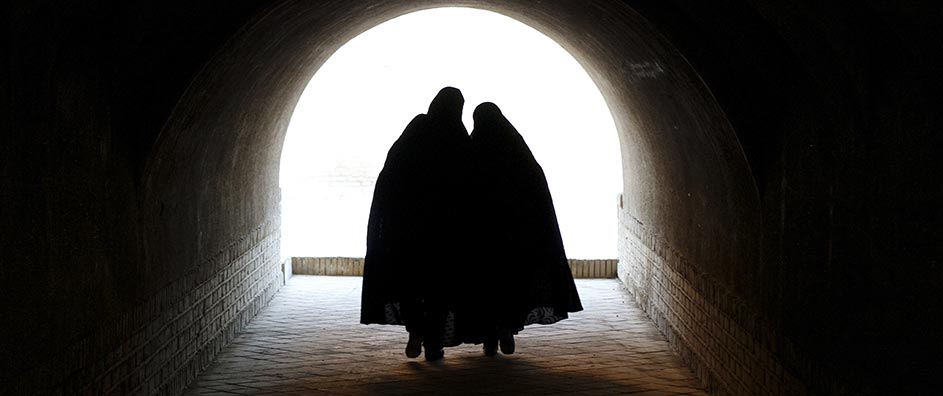
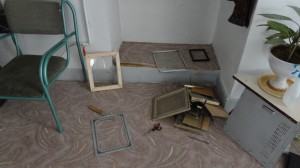
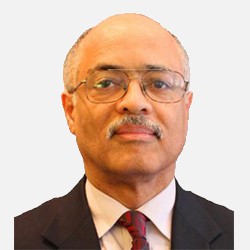
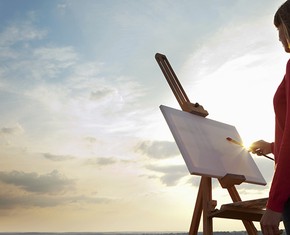
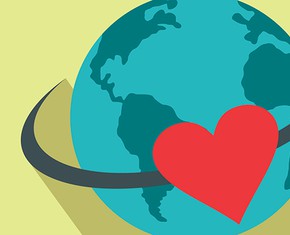
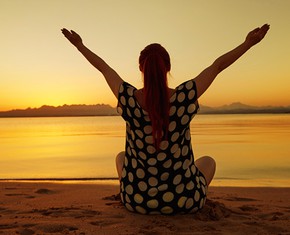









Comments
Sign in or create an account
Continue with Googleor